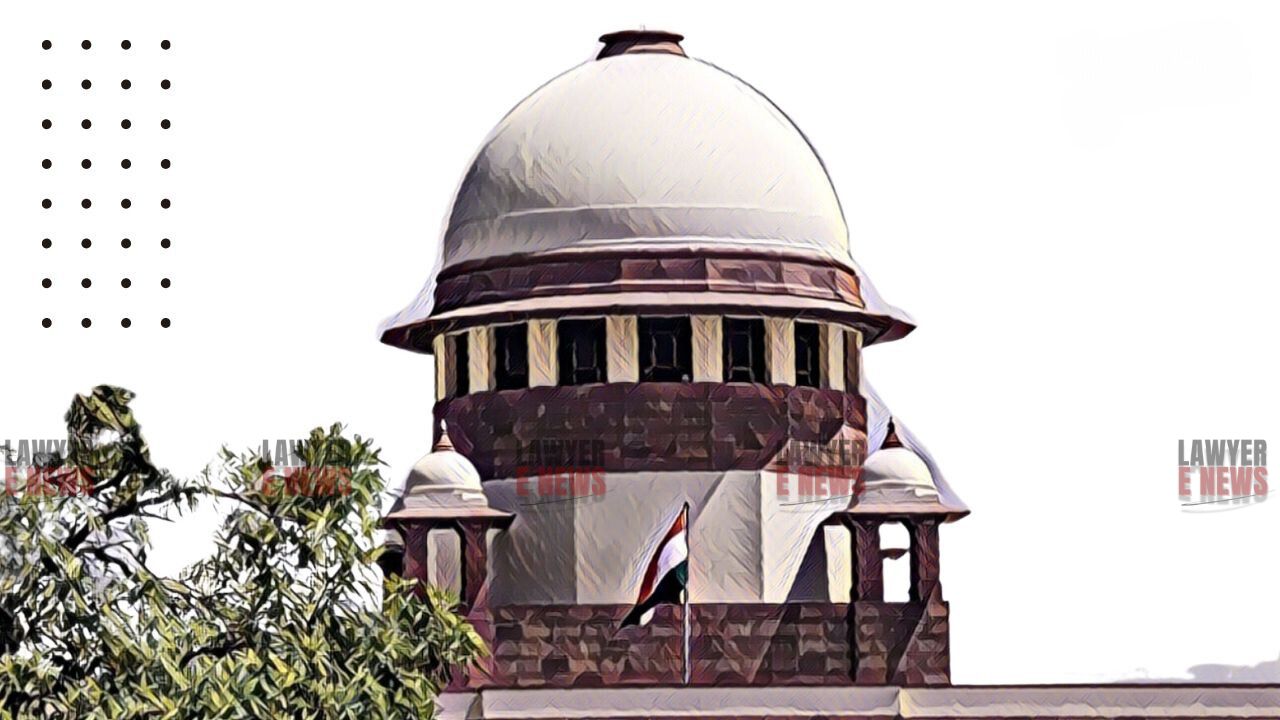-
by Admin
15 February 2026 5:35 AM



Supreme Court of India strongly criticized the Commission for Air Quality Management (CAQM) and the states of Punjab and Haryana for their failure to address the issue of stubble burning, which is a significant contributor to air pollution in the National Capital Region (NCR). The court noted the lack of enforcement of the Commission’s own directions and warned that it might invoke its powers under Article 142 of the Constitution to appoint independent experts to the Commission.
The case is part of the long-standing environmental litigation initiated by M.C. Mehta, addressing various forms of pollution in India. The issue of stubble burning in the northern states has been a major concern, particularly during the winter months, contributing to hazardous air quality levels in the NCR. The Commission for Air Quality Management, formed under the 2021 Act, is tasked with mitigating air pollution in the NCR and adjoining areas, including enforcing measures to prevent stubble burning.
Despite directives issued by the Commission on June 10, 2021, and April 12, 2024, the Supreme Court found that the states of Punjab and Haryana had made minimal efforts to implement these directions. The court expressed frustration that no prosecutions had been launched against offenders, despite multiple incidents of illegal stubble burning being reported between September 15 and September 30, 2024.
The failure of the states of Punjab and Haryana to effectively enforce the Commission’s directives on stubble burning.
The qualifications of the technical members of the Commission for Air Quality Management, with concerns raised about the lack of true experts in the field of air pollution.
The court also pointed to the non-utilization of machines provided by the central government to reduce stubble burning, especially by small farmers who could not afford the cost of operating these machines.
The Supreme Court noted that the Commission had not made sufficient efforts to ensure the implementation of its orders. The court remarked:
The Commission itself prima facie does not seem to be making any efforts to follow up on the implementation of its own directions. Obviously, no steps are being taken by the Commission to monitor implementation of its own orders."
The court further criticized the functioning of the Sub-Committees under the Commission, pointing out that a key Sub-Committee on Safeguarding and Enforcement had met only five times in nine months and had failed to discuss the implementation of the critical order issued on June 10, 2021.
Additionally, the court took note of the issue regarding the expertise of the Commission’s members. It warned that if the Commission lacked true experts in the field of air pollution, it might exercise its extraordinary jurisdiction under Article 142 to appoint additional members with the requisite expertise.
The court directed the states of Punjab and Haryana to file affidavits detailing their compliance with the Commission’s orders and the steps taken to implement the directives by October 16, 2024. The court also instructed the Central Government to clarify why two posts for NGO members remained vacant and to ensure that the Chairperson and technical members of the Commission met the qualifications stipulated under the Act.
The Supreme Court's stern warning underscores the urgency of addressing air pollution in the NCR, especially with the onset of the stubble-burning season. The court’s willingness to use its extraordinary powers to appoint experts highlights its commitment to ensuring accountability and action in combating air pollution.
Date of Decision: October 3, 2024
M.C. Mehta vs. Union of India.
